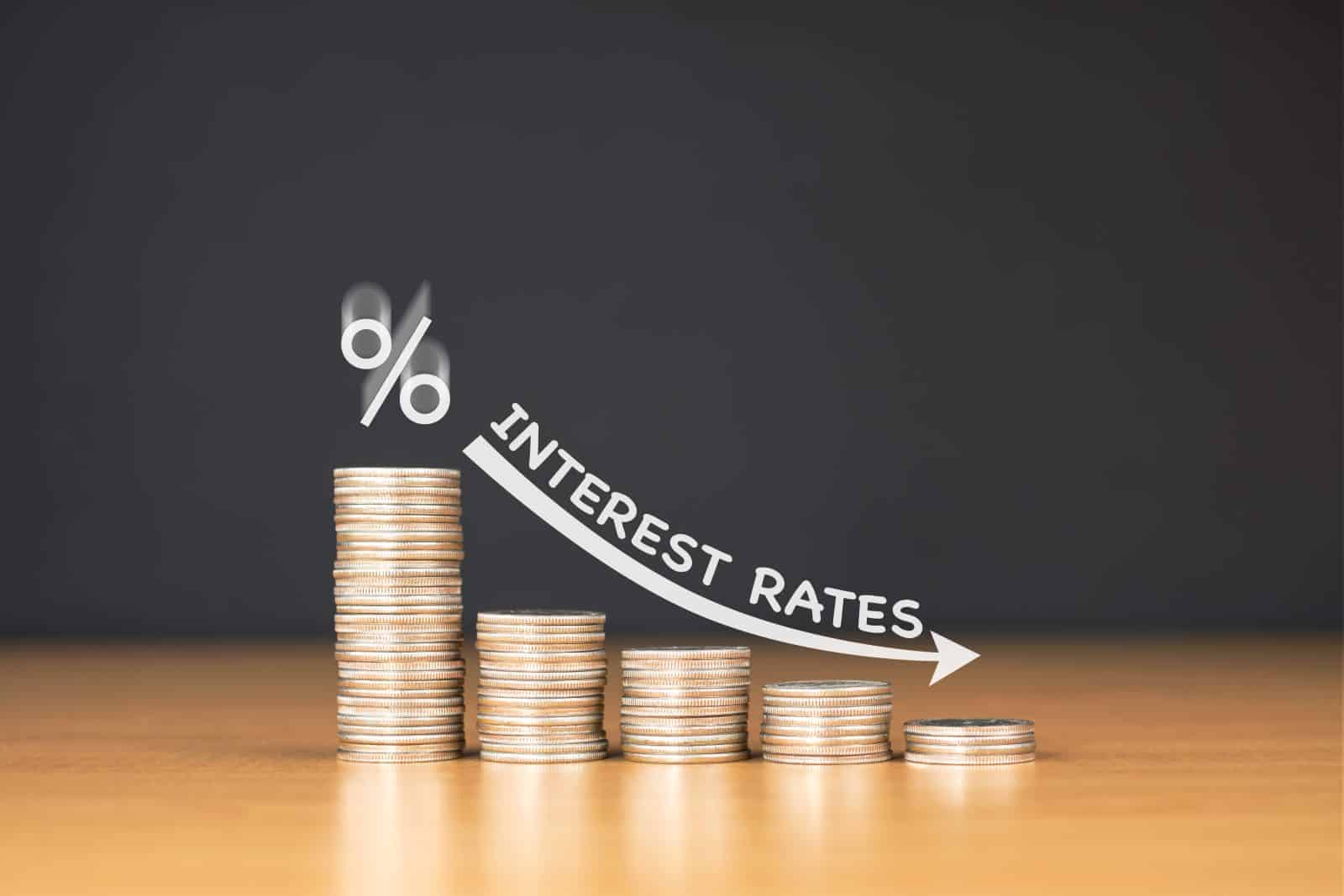The wealth gap keeps growing, and the rich are getting richer while the rest of us struggle to make ends meet. Why is this happening, and how is the system designed to keep it that way?
1. Tax Breaks for the Wealthy

The rich benefit from significant tax breaks and loopholes. Deductions, offshore accounts, and capital gains tax advantages mean they often pay a lower effective tax rate than the average worker, allowing their wealth to grow unimpeded.
2. Investment Income

The 1% earn a large portion of their income from investments rather than wages. Capital gains and dividends are taxed at lower rates, and compounding returns from these investments increase their wealth exponentially over time.
3. Inheritance

Wealthy families pass down their fortunes through generations, creating a cycle of wealth accumulation. Inherited wealth provides a massive head start, giving heirs the means to invest and grow their fortunes without the same financial struggles most people face.
4. Stock Market Gains

The stock market has seen massive gains over the past decades, benefiting those who can afford to invest heavily. The wealthy have the capital to take advantage of market upswings, reaping significant profits that further increase their net worth.
5. Real Estate Investments

The rich invest in real estate, which appreciates over time and provides a steady income stream. High property values and rental income contribute significantly to their wealth, while average citizens struggle with rising housing costs.
6. Political Influence

The wealthy use their money to influence politics, ensuring policies favor their interests. Through lobbying and campaign contributions, they shape legislation that protects and enhances their wealth, often at the expense of the broader population.
7. Access to Information

The 1% have access to superior financial advice and information. They can afford top-tier advisors and private investment opportunities, enabling them to make informed and profitable financial decisions that aren’t available to the average person.
8. Education

Wealthy individuals can afford elite education for themselves and their children. Prestigious schools and universities open doors to high-paying jobs and influential networks, perpetuating their economic advantages across generations.
9. Low Wages for Workers

Corporations, often owned by the wealthy, keep wages low to maximize profits. This practice ensures that the bulk of the financial gains from increased productivity and profits go to the top, leaving workers with stagnant incomes and limited opportunities for wealth accumulation.
10. Automation

The rise of automation and artificial intelligence benefits the rich, who invest in these technologies to reduce labor costs. While their profits soar, displaced workers face job insecurity and limited employment opportunities.
11. Globalization

Globalization allows the wealthy to exploit cheaper labor markets abroad. By outsourcing jobs and leveraging international supply chains, they increase profit margins while domestic workers face unemployment and wage stagnation.
12. Monopolies

Large corporations, often controlled by the 1%, dominate markets and stifle competition. Monopolistic practices enable them to set higher prices, increase profits, and consolidate economic power, reducing opportunities for smaller businesses and consumers.
13. Stock Buybacks

Companies buy back their own stock to drive up share prices, benefiting wealthy shareholders. This practice inflates executive compensation and stock values, diverting funds from potential investments in wages and job growth.
14. Hedge Funds

Hedge funds, accessible mainly to the wealthy, offer high returns through complex and often risky financial strategies. These exclusive investment vehicles further amplify the wealth of the rich, widening the economic divide.
15. Low Interest Rates

Low interest rates benefit borrowers, particularly the wealthy who can afford to take on significant debt to invest in real estate, businesses, and other assets. This cheap access to capital accelerates their wealth growth while average savers earn minimal returns.
16. Deregulation

Deregulation often benefits large corporations by reducing compliance costs and increasing profitability. Wealthy business owners and investors see substantial gains, while reduced oversight can lead to economic instability and crises that disproportionately impact the less affluent.
17. Tax Havens

The rich use offshore accounts and complex financial structures to evade taxes. Tax havens allow them to hide vast sums of money, avoiding the tax obligations that fund public services and infrastructure.
18. Corporate Welfare

Government subsidies and bailouts disproportionately benefit the wealthy. Large corporations receive significant financial support, often justified as necessary for economic stability, while small businesses and individuals receive far less assistance.
19. Executive Compensation

CEOs and top executives receive massive salaries, bonuses, and stock options, often far exceeding the value they provide. This excessive compensation is justified by boards of directors, who are frequently composed of other high-income individuals, perpetuating the cycle of wealth accumulation.
20. Inequitable Health Care

The wealthy can afford the best health care, ensuring they remain productive and financially secure. Poor health care access for the rest of the population leads to higher costs and less financial stability, exacerbating economic inequality.
The Elite

The system is rigged to favor the wealthy, leaving the rest of us struggling to keep up. Understanding these dynamics is the first step toward advocating for a fairer economic system. It’s time to demand changes that benefit everyone, not just the 1%.
Remote No More: 19 Companies Returning to the Office

As the pandemic wanes, companies are recalling remote workers back to the office, sparking debates on fairness, costs, and convenience. However, there are also notable productivity, coworking, and mental health benefits to consider. Feeling the effects of these changes? Remote No More: 19 Companies Returning to the Office
8 Costco Must Buys and 8 to Leave Behind

Ever wandered Costco’s aisles, questioning if that giant jar of pickles is a real bargain? Or debated buying tires where you get your rotisserie chicken? Welcome to the definitive guide to Costco shopping—a journey to save money, prevent regrets, and offer quirky insights into bulk buying. 8 Costco Must Buys and 8 to Leave Behind
23 Reasons Texas Is the Next Big Thing

Texas is becoming a beacon of opportunity, blending cultural heritage with economic growth. From its landscapes to its industries, the Lone Star State offers a dynamic lifestyle. Here are 23 reasons why Texas stands out, attracting entrepreneurs, artists, tech professionals, and families seeking new beginnings. 23 Reasons Texas Is the Next Big Thing
15 Top Sites to Sell Your Unwanted Goods Besides Craigslist

Selling your unwanted items can declutter your space and boost your income. While Craigslist is popular, there are many alternatives with unique features and wider audiences. Explore these 15 Craigslist alternatives for selling everything from furniture to electronics, finding the perfect platform to turn clutter into cash. 15 Top Sites to Sell Your Unwanted Goods Besides Craigslist
Work from Anywhere: 19 Companies Still Supporting Remote Work

Tired of commuting and craving work flexibility? You’re not alone. Many companies now offer remote work, benefiting both employees and employers. Ever wondered how this shift could enhance your work-life balance? Work from Anywhere: 19 Companies Still Supporting Remote Work
The post 20 Reasons Why the 1% Are Getting Richer and You’re Not first appeared on Liberty & Wealth.
Featured Image Credit: Shutterstock / NATNN..
The content of this article is for informational purposes only and does not constitute or replace professional financial advice.
For transparency, this content was partly developed with AI assistance and carefully curated by an experienced editor to be informative and ensure accuracy.

